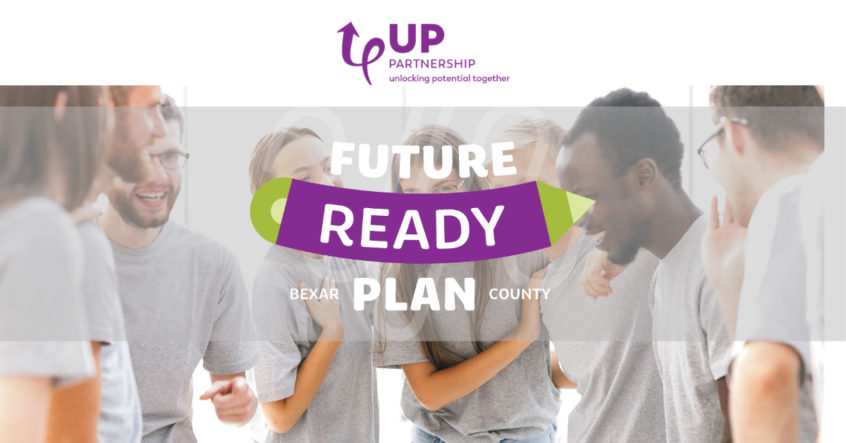It was a transformative experience when Kimberly Sama moved into a rural village in a small West African country. Her job with the Peace Corps in Burkina Faso was the start of a decade of living and working in African countries.
She worked on issues ranging from girls’ education, women’s empowerment, gender-based violence recovery and prevention and community health work.
There she began to see that improvements started with changing systems. She realized that it’s often assumed that there’s something wrong with a person who doesn’t have good outcomes, without examining the systems shaping that person’s life.
“If one fish washes up on shore, you ask what was wrong with the fish. But if all the fish are washing up on shore, what’s wrong with the water?” Sama said. “It’s not something wrong with people, but what are the structures and systems we’ve built, and how are they or are they not serving people? How can we shift systems to support better outcomes for the people they serve?”
That focus on changing systems and making them more equitable perfectly aligns with UP Partnership, where she is CFOO.
UP Partnership works with community partners to ensure that all young people in Bexar County are ready for the future by using data to align resources and create equitable systems. The organization doesn’t serve young people directly but works with youth-serving organizations and practitioners to shape policies and practices that improve outcomes for young people.
UP Partnership uses disaggregated data to understand context and identify disparities and then works with partners to shift practices in a way that addresses the root causes, helping to distribute opportunity more equitably. For example, a closer look at the area’s low average college graduation rates reveals that rates are even lower in specific population segments.
“When you disaggregate the total number you can identify different populations having consistently low outcomes, then look at what’s happening there and see what we can do to shift outcomes,” Sama said.
Last year the organization launched Future Ready Bexar County, an initiative that aims to get at least 70% of the community’s high school graduates enrolled in a degree or credential program by 2030, up from the current rate of 50%. So far 73 partners have committed to the effort, including nonprofit organizations, school districts, municipal government departments and funders.
With 24 employees, UP Partnership has doubled in size since 2020, mainly due to a community wide effort designed to help young people recover from the effects of the pandemic, which has evolved into the Future Ready Bexar County plan.
“When the pandemic hit, it really just shined a light on constraints and inequities that already existed across our community,” Sama said. “The digital divide, housing insecurity, food insecurity – all of those things that already existed were exacerbated by the pandemic.”
Sama joined UP Partnership in 2018 after four years with Family Service Association of San Antonio and more than two years with Excel Beyond the Bell San Antonio, a professional network under the UP Partnership umbrella that uses data to advocate for increased access to first-rate developmental programs for local youth.
Sama eventually shifted her career focus to financial operations and human resources and development and earned an MBA from St. Mary’s University.
“I realized that I really care about systems change but I think all change has to start internally, at the individual and organization level,” Sama said. “It was a realization that strong internal systems are the foundation for driving impact.”
She’s currently in the SVP Fellowship Program, which has delivered a steady stream of “aha” moments on everything from how to grow a sense of belonging in your organization to networking, HR systems, IT and finance.
“Every session is rich in a lot of different ways,” she said.
Sama also appreciates the support that SVP Partners offer fellowship students.
“Every time I’ve reached out to anyone the response has been overwhelmingly supportive in way you couldn’t even expect,” she said. “They don’t just send you a link, they give you all these things you didn’t know you could or should ask about.”

